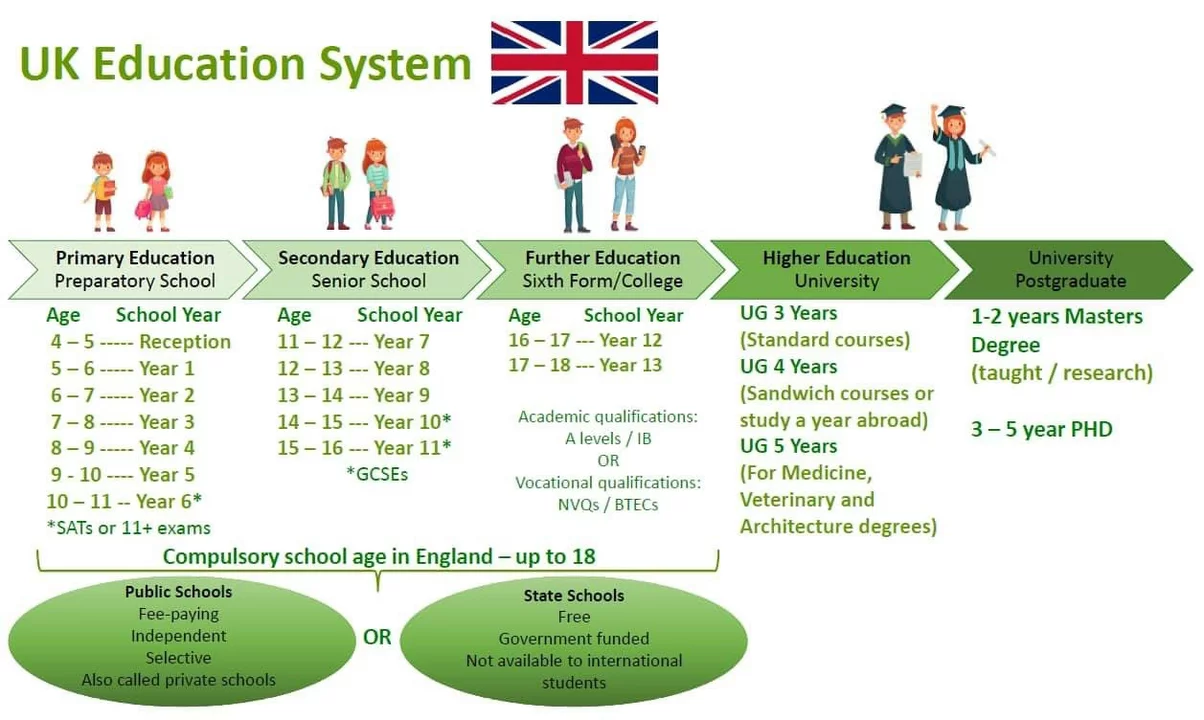
A Soaring Start: The Good Side of My Education System
As I reflect on my educational journey, I can't help but think about the many ways my education system has benefited me. One of the most significant advantages I've experienced is the strong foundation laid in my early years. The focus on literacy and numeracy skills in the primary years ensured that I developed a strong basis for my further studies.
Moreover, the incorporation of extracurricular activities, such as sports, arts, and clubs, allowed me to explore my interests and develop talents beyond the classroom. This holistic approach to education has undoubtedly contributed to my well-rounded personality and skillset that I carry into my adult life.
Lost in Translation: The Struggles with Language Learning
However, it hasn't all been smooth sailing. One area where my education system has failed me is in language learning. Although foreign languages were a part of my curriculum, the way they were taught left much to be desired. The focus on grammar and rote memorization of vocabulary, rather than practical communication skills, made it difficult for me to become fluent in any foreign language.
Moreover, the lack of opportunities to practice speaking and listening with native speakers further hindered my progress. As a result, despite years of studying languages in school, I still struggle with communicating effectively in any language other than my own.
Feeling the Pressure: The Stressful Nature of High-Stakes Exams
Another aspect of my education system that has negatively impacted me is the emphasis on high-stakes exams. Throughout my academic journey, I have felt immense pressure to perform well on standardized tests. The importance placed on these exams, both by educators and society, has sometimes overshadowed the joy of learning and personal growth.
Furthermore, the focus on exams has often led to a "teaching to the test" mentality, where teachers prioritize exam preparation over meaningful learning experiences. This has resulted in a limited educational experience that doesn't always prepare students for real-world challenges and situations.
One Size Doesn't Fit All: The Limitations of a Standardized Curriculum
As I look back on my education, I realize that the standardized curriculum has both helped and hindered my growth. While it has provided me with a structured framework for learning, it has also limited my ability to explore subjects and topics that truly interest me. The one-size-fits-all approach to education can stifle individual creativity and curiosity, as it doesn't cater to the diverse needs and interests of each student.
Moreover, the rigidity of the curriculum can make it difficult for educators to adapt their teaching methods to better suit different learning styles and abilities. This can result in some students feeling left behind or disengaged from the learning process.
Preparing for the Future: The Need for Real-World Skills
Lastly, one area where my education system has let me down is in preparing me for the real world. While I have amassed a wealth of knowledge in various subjects, I often find myself lacking essential life skills such as financial literacy, problem-solving, and effective communication. The traditional academic focus of my education system has left me unprepared for the practical challenges I face in my personal and professional life.
Furthermore, the rapidly changing job market and the rise of technology have highlighted the need for students to be adaptable and equipped with relevant skills for the future. It is crucial for education systems to evolve and address these needs to ensure that students are prepared for success in a constantly changing world.